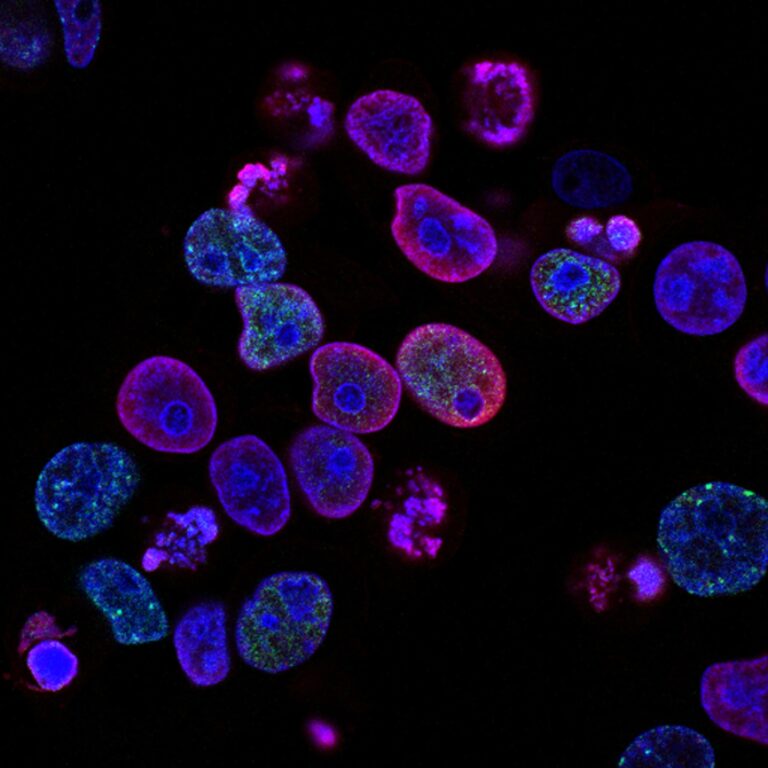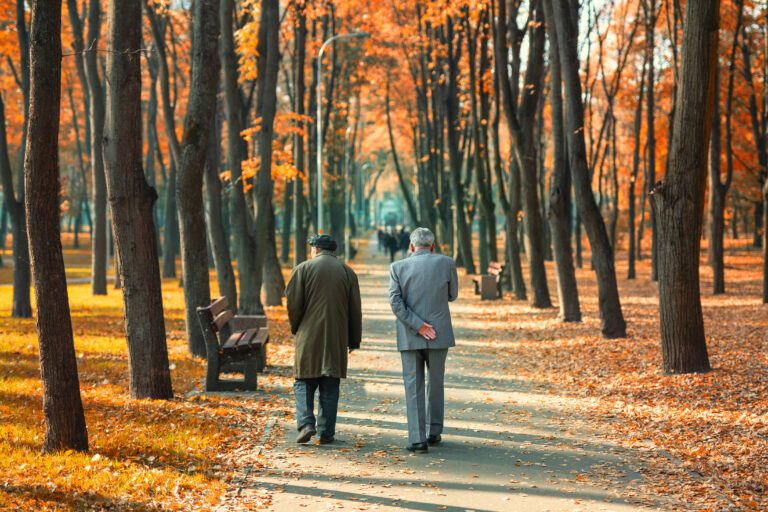As men get older, the risk of developing prostate cancer increases. Prostate cancer is one of the most common cancers among men, and about 1 in 8 men will be diagnosed with it at some point in their lives[1]. The chances go up significantly after age 50, and nearly two-thirds of all prostate cancers are found in men over 65 years old[5].
Most prostate cancers that occur in older men tend to grow slowly and may not cause serious problems. In fact, many elderly men—especially those over 80—may have some form of low-grade prostate cancer that remains indolent or inactive for a long time[4]. This means it might never affect their health during their lifetime.
However, there are several factors that can increase the risk as you age:
– **Age itself** is the biggest factor. The older you get, especially past 50 or 65 years old, the higher your chance of having prostate cancer[5].
– **Family history** matters a lot. If your father or brother had prostate cancer, your risk goes up considerably. This is even more true if multiple family members were affected or if they were diagnosed at a young age[5].
– **Race and ethnicity** also play a role. African American men have higher rates of prostate cancer compared to Asian American or Hispanic men. Interestingly, Asian American men have higher risks than Asians living in Asia[5].
– **Lifestyle factors**, like diet high in red meat and fat but low in fruits and vegetables may increase risk too[5].
– Being **obese** has been linked to more aggressive forms of this cancer.
– Exposure to certain toxic chemicals at work can raise risk as well.
– Some inherited gene changes can increase susceptibility but these cases are relatively rare.
Because many older men’s tumors grow very slowly, doctors often avoid aggressive treatments like surgery unless necessary since such treatments can cause side effects without much benefit for those with limited life expectancy[2][3].
In summary: As you age past middle adulthood into senior years, your chances of getting prostate cancer rise steadily due mainly to natural aging processes combined with other personal factors like family history and race. Most cases found late in life tend not to be aggressive but still require monitoring by healthcare providers.
Taking care through healthy diet choices and regular check-ups helps manage risks where possible—even though aging itself cannot be changed.[5]





